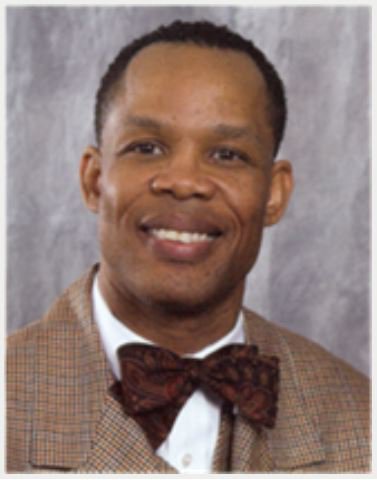[ad_1]
By Kevin Daniels, Special to the AFRO
Across the country, many people continue to note the 50th anniversary of the death and legacy of Dr. Martin Luther King Jr., with the subsequent unrest and riots that followed, not only across the country, but also here in Baltimore as well. However, as we remember MLK’s vehement speech, “The Other America,” that “a riot is the language of the unheard” the question becomes what did America, and specifically, what did Baltimore hear from the voices of the unheard since 1968 and the unrest after the death of Freddie Gray in 2015?
According to a recent YouGov Poll, over 51% of both Blacks and Whites acknowledge the incremental gains of race relations after the 1960s but are extremely concerned that over the past decade there have been multiple examples of police brutality on people of color, the rise of white nationalist sentiments and a widening wealth gap.
The recent Starbucks discriminatory episode between two African American men and a store clerk in Philadelphia, and the subsequent protest, along with the need for Starbucks owners to close over 8,000 stores to teach appropriate race relations, attest to the fact that gains in race relations are suspect. Even more concerning, one year after the federal government declared Baltimore policing in need of repair, city leaders appeared in court recently for an update on progress and the judge sent a sharp, yet precise, message that progress is still lacking.
Again, what did America, and specifically, what did Baltimore hear from the voices of the unheard? When people feel that their concerns are ignored, they command attention in ways that existentially solidifies their identity, meaning and purpose. The prophetic voice is clear in the proverbs and the Pentateuch that “appropriately hearing the voices of the people should produce great gains” (paraphrased) – “Prophet, I have heard the voices of the people, and I have come down to do something about it.” Consequently, sweeping gains and action-oriented progress are the outcomes and results of being heard.
Therefore, people, when they are heard, reflect their fundamental ability to feel safe and focused in their pursuit of happiness without barriers that diminish them. People who are heard don’t feel threatened to share their own stories, ideas and concerns without the sense of retaliation and vilification. People who are heard have access to the necessary resources to implement their life goals. People who are heard have the sense of autonomy that creates for them linkages and ongoing beneficial engagements that lead to the development of shared initiatives and results.
In America, we cannot continue to keep touting an emblem of liberty saying “give me your tired, your poor, your huddled masses yearning to breathe free…” and not hear the voices of the unheard.
Dr. Kevin Daniels is an associate professor at the Morgan State School of Social Work, chair of the Civic Action Committee (Minister’s Conference of Baltimore & Vicinity) and pastor at St. Martin Church in Baltimore.
[ad_2]
Source link


